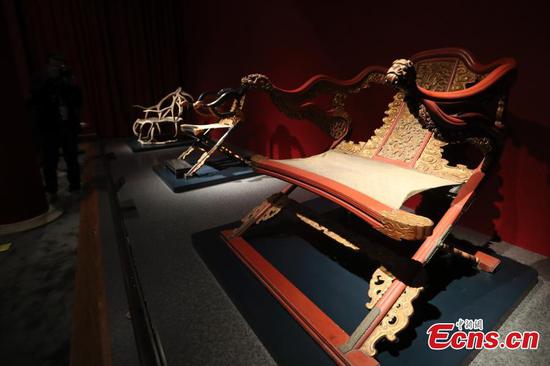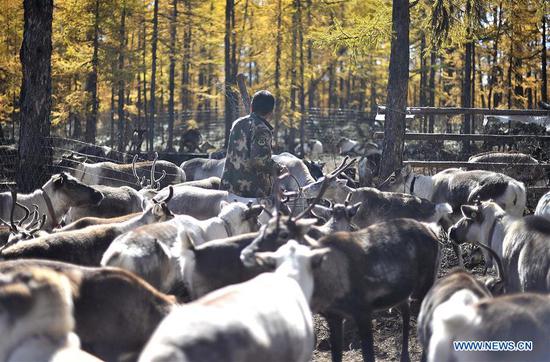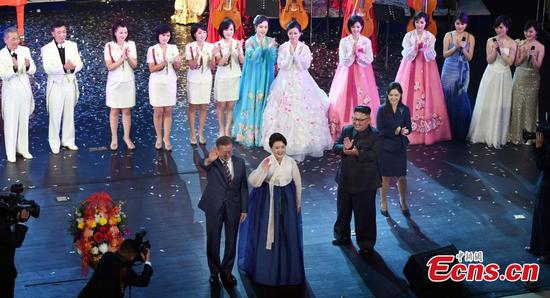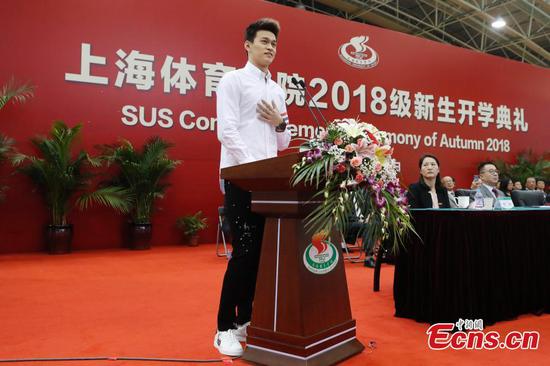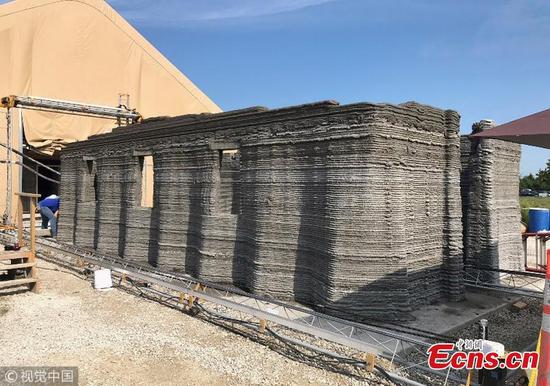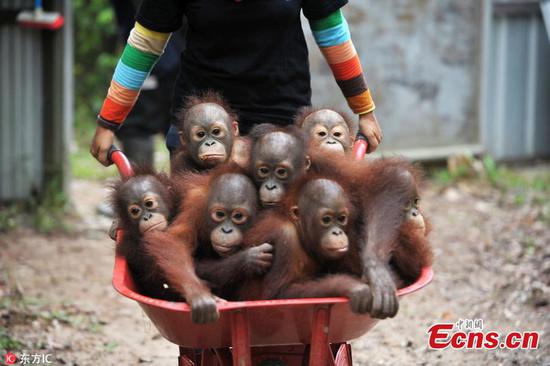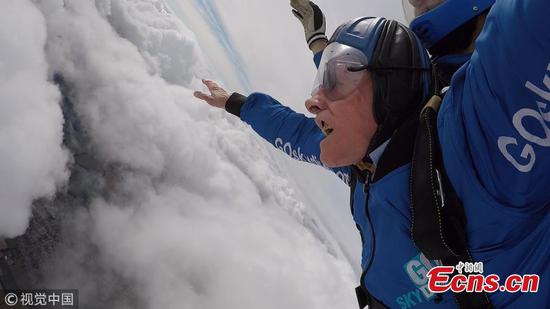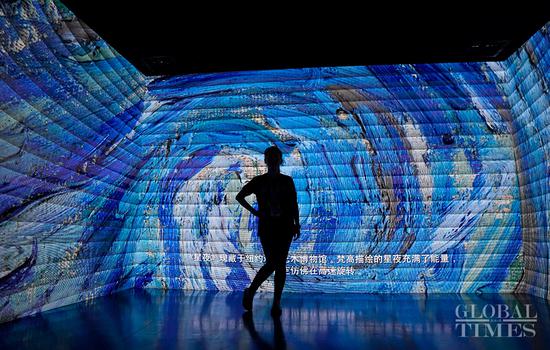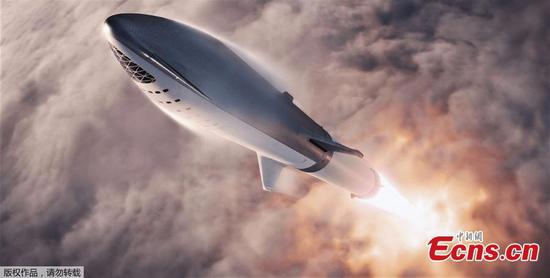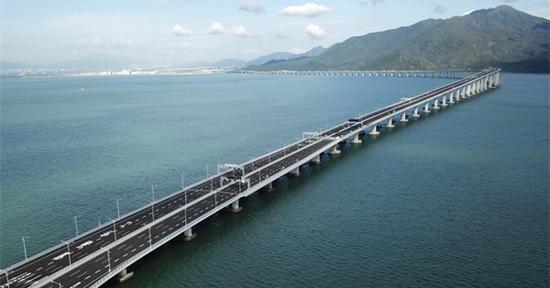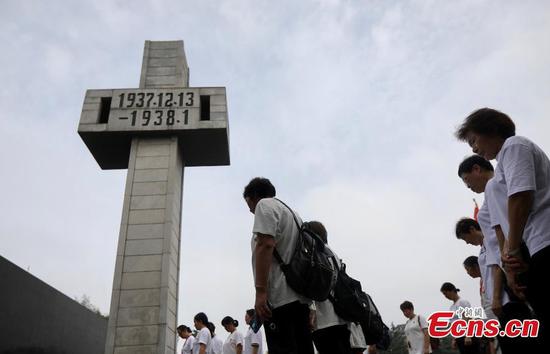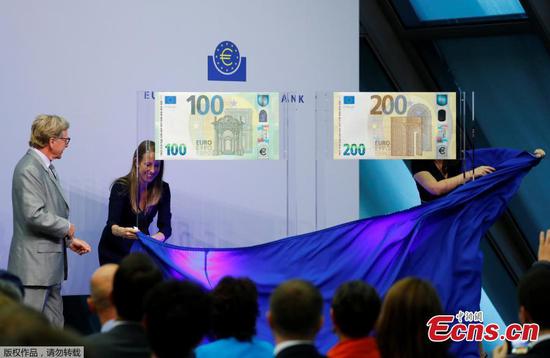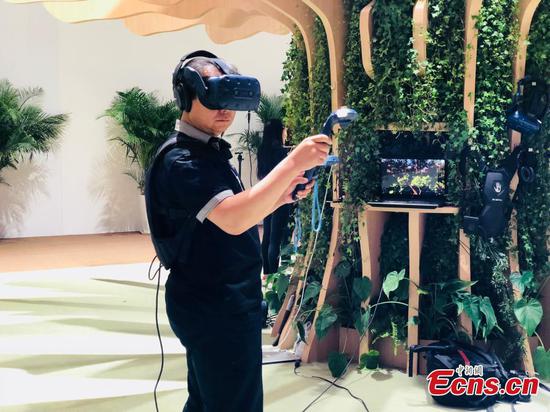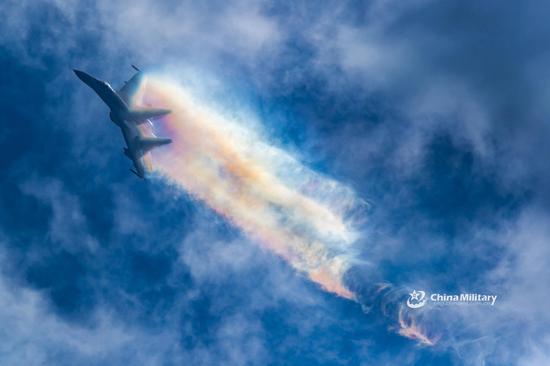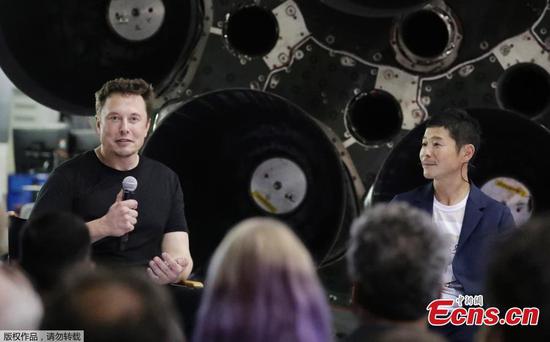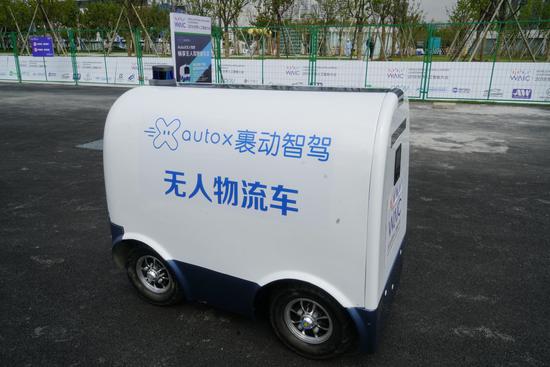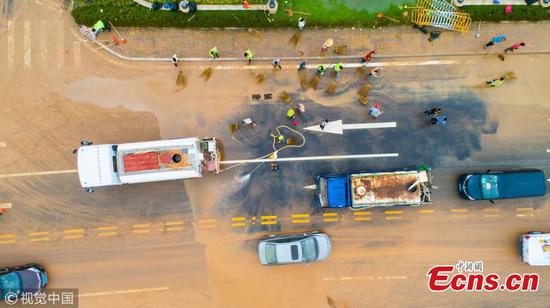Artificial intelligence (AI) is a high-tech sector where China lags the least behind the West, and the technology is bound to release huge potential in China's real economy, an entrepreneur told the Global Times on Wednesday.
Compared with mainstream AI visual application, such as facial recognition in the security sector, AI application in product recognition is at the early development phase, Huang Dinglong, co-founder and CEO of Chinese AI start-up Malong Technologies, told the Global Times in an exclusive interview during the World Economic Forum (WEF)'s Annual Meeting of the New Champions, also dubbed the Summer Davos Forum, held in North China's Tianjin.
"So far, business related to AI facial recognition has achieved handsome revenues but for the product recognition segment, it requires patience, effort and a focused mind," said Huang.
The Shenzhen-based AI product recognition start-up was selected as one of the WEF's "2018 Technology Pioneers" in June, being the only Chinese start-up included on the list, which is comprised of early-stage start-ups from all over the world that are involved in design, development and application of innovative technologies.
The company's flagship cloud platform ProductAI, based on an algorithm called "weakly supervised learning," enables machines to "see" and understand products like a human without the need to turn to a barcode, Huang said.
Via the ProductAI platform, computers can recognize data with "noises," referring to blurred product images and incorrect product description embedded in the barcode, which can help save plenty of time and labor costs.
"Making foray into the fresh and vertical segment in China has a major advantage. For example, nearly half of the world's clothes are made domestically, and the process involves design, raw material, manufacturing and logistics, which can generate oceans of data, the basics for deep AI learning," he explained.
Considered an outstanding technology at the Davos forum, industry analysts have expressed their ideas about the role of AI in driving manpower during the Fourth Industrial Revolution.
In the healthcare sector specifically, AI shouldn't outperform the best doctors, Liu Jiren, chairman of Neusoft Group, told a session during the forum. "Instead, it needs to help those with bad skills improve."
"Deploying AI product recognition has huge space in China's traditional industries such as retail and textiles. And it is likely to shape a business model in China first and then be promoted to the rest of the world," Huang said.











